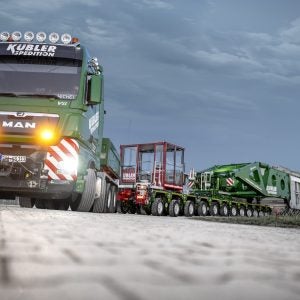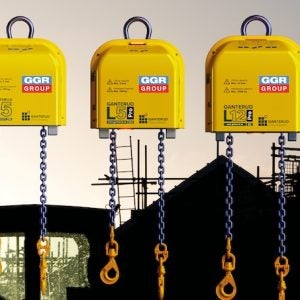“If we’re going to profess that we are the best, we have to ensure we’re providing the contractors with the best that there is out there,” said Painters International Union President James Williams. “The evaluations of the local councils are very, very important to determining where the problem is. Our contractors, we can’t live without them, and they can’t live without us and the earlier we figure that out the better we all are going to be.”
Labour leaders are also grappling with the reality of replenishing huge numbers of craft workers who will be retiring in the years to come.
“Forty-seven percent of our members are either eligible to retire today, or will be in the next 10 years, and that 47 percent comes out to roughly 40,000 members,” Ironworkers International Union President Joe Hunt said. “So, for us to just maintain our present membership, we have a yeoman’s task on our hands. And you can’t grow market share if you can’t supply trained Ironworkers, or trained Bricklayers, or whichever trade you are. You can’t grow if you don’t have the manpower to supply and grow with.”
Since maintaining a drug free workforce has taken on enormous significance in recent years, union contractors and labour organizations also discussed the issue.
“When the owners decide on their property they want a drug free workforce, the international unions will follow suit and provide it. That’s our job, to provide employees, and we provide a workforce so contractors can do their work,” said IBEW International Union President Ed Hill.
International presidents from Bricklayers International, International Brotherhood of Electrical Workers, Ironworkers International, Operative Plasterers and Cement Masons International, and Painters International fielded questions from a panel of two TAUC contractor representatives and an owner representative.
TAUC is an association of 2,500 union contractors from across the United States, primarily engaged in steel erection, industrial maintenance and construction.






